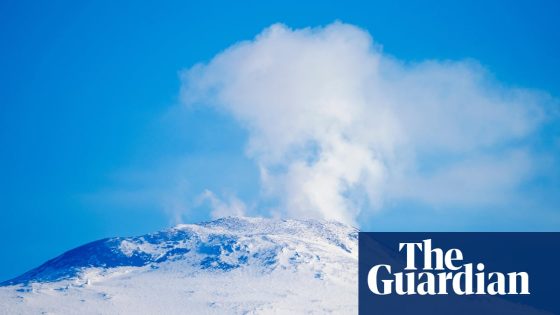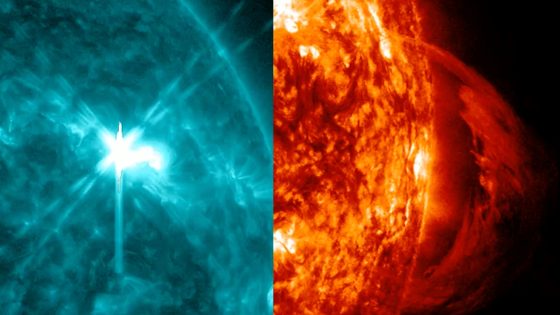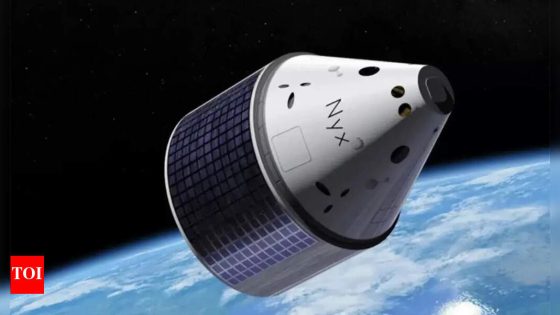The melting of glaciers and ice caps due to the climate crisis could trigger explosive volcanic eruptions, a recent study reveals. As ice retreats, the pressure on underground magma chambers decreases, increasing the likelihood of eruptions. This phenomenon, observed in Iceland, is now being documented in Chile, marking a significant step in understanding volcanic activity in relation to climate change.
- Melting ice may trigger volcanic eruptions.
- Pressure release increases eruption likelihood.
- West Antarctica has numerous hidden volcanoes.
- Volcanic eruptions can temporarily cool Earth.
- Research highlights climate-volcano feedback loops.
- More studies needed on climate impacts.
Presented at the Goldschmidt geochemistry conference on 2025-07-08 03:02:00, the research highlights the potential for a resurgence of volcanism, particularly in regions like west Antarctica, where over 100 hidden volcanoes lie beneath thick ice. The implications are profound: while volcanic eruptions can temporarily cool the planet, they also release greenhouse gases that exacerbate global warming.
This research raises critical questions about the interconnectedness of climate and volcanic activity. Could we be facing a cycle where melting ice leads to eruptions, which in turn accelerates global warming? Consider these points:
- Glacial melting releases pressure on magma, increasing eruption frequency.
- Volcanic eruptions can emit greenhouse gases, further warming the planet.
- Regions like Antarctica and parts of North America may be at increased risk.
- Historical data shows a significant rise in global volcanic activity post-ice age.
As we advance our understanding of these complex interactions, it is crucial to prioritize research on climate-volcano feedback loops. This knowledge will help US better prepare for the potential impacts of volcanic eruptions in a warming world.






























